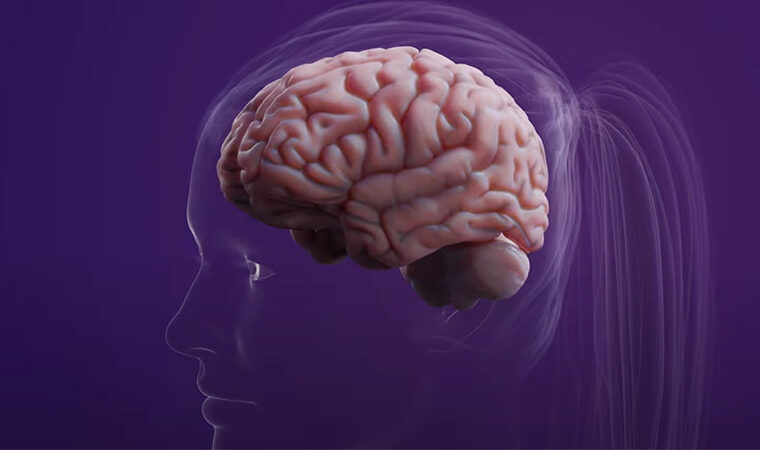Mental Health Matters in Middle Age

If you’re middle-aged, meaning you are between the ages of 40 and 60, your mental health—and overall health—are just as important now as they are at any other stage of life. For most people at this stage, however, one’s personal health may be low on the priority list. Despite challenges, middle age is an opportunity to reflect on your mental health, and overall health, “game plan” so you can live closer to your values and enjoy a more meaningful life.
Developmental Changes During Middle Age
Being “middle-aged” is a relatively new phenomenon. Middle age was less of a concept 100 years ago when life expectancy was lower. Perhaps, for this reason, it’s one of the least-studied stages of development.
During this period, adults are not young adults nor are they elders. They might feel the same as they did in an earlier stage of life or they might not feel as energetic as they once did. Many people in this age bracket might be supporting the mental health of others: their children’s or teenagers’ mental health, their parent’s mental health, and their partners—in addition to their own.
Common Middle Age Milestones
Many people in middle age are taking care of children in addition to aging parents, thus doubling their role as caretakers and providers. When this happens, it’s called the “sandwich generation,” and it is associated with a added stressors.
In no particular order, middle-age developmental tasks from Lifespan Development include: readying children for adulthood,

losing a parent, adjusting to children leaving home, caring for “boomerang children” who remain or return home, burning out as a caregiver, and becoming grandparents. Yet some never became parents or caregivers at all, while others are readying for their own retirements.
Many adults experience life-changing rolls, but it doesn’t make facing them any easier. A good therapist goes a long way in ensuring that their paients—during all phases of their life development—feel supported. Various factors also change the potential impact of the above tasks. For example, depending on a person’s financial security, personal health, and work/life balance, some changes will feel manageable while others will feel more challenging.
Physiological Changes During Middle Age
Concerns around mobility increase in middle age as people may experience physical ailments, such as back pain, arthritis, or inflammation. Graying hairs, vision changes, flaring of old injuries or hearing loss can result in frustration. Many adults also experience weight gain even though they report their habits around food and exercise seem to remain the same. Menopause can be the most significant physiological change for women that can, for some, result in physical discomfort or emotional distress.
Mitigating Middle-Age Growing Pains
If you are experiencing growing pains, you have the tools to make positive life changes.
Find people to talk to. This might mean strengthening ties with friends and mentors who understand the challenges you are experiencing. You might be able to join a support group, as well. Psychiatric Care Center provides a support group called Life Changes, a group for adults in any age group to get support and tools to navigate their life’s changes. Similarly, working with a trusted therapist could offer insight and support to help guide you through the psychological, emotional, and social/familiar challenges in your life.
Get active. Regular physical activity positively affects your body, brain health, and mood. If you don’t yet have an exercise routine, work with your doctor to create a physical fitness plan for longevity.

Talk to your provider about supplements. Specialists use supplements to treat or offset numerous ailments. There are supplements for eye health, brain health, joints, hormone balancing, and more! We live in an time where doctors and herbalists better understand the benefits of supplementation.
Psychiatric Care Center provides supplements and nutrition counseling for their patients in Redding.
Work with specialists. If you have physical aches, pains, or concerns, talk with your doctor. People also find relief in working with an acupuncturist or chiropractor, depending on their needs and concerns.
Taking Middle-Age Mental Health Seriously
With these changes among people in middle age, it’s understandable why so many adults benefit from increased support during this time. For those with added responsibilities, taking care of yourself is a vital part of being able to take care of others.
Therapy and engaging in other types of supports provide a time for you to “focus on you” and ensure that you are finding a way to keep up with the demands of life.
At Psychiatric Care Center, we offer services to help you find purpose and balance. We believe in individualized treatment plans and professional guidance from people who want you to thrive.
To learn if our mental health support and offerings can give you the tools you need to embrace middle age and all it requires, request an appointment or call us at (530) 221-7474.





